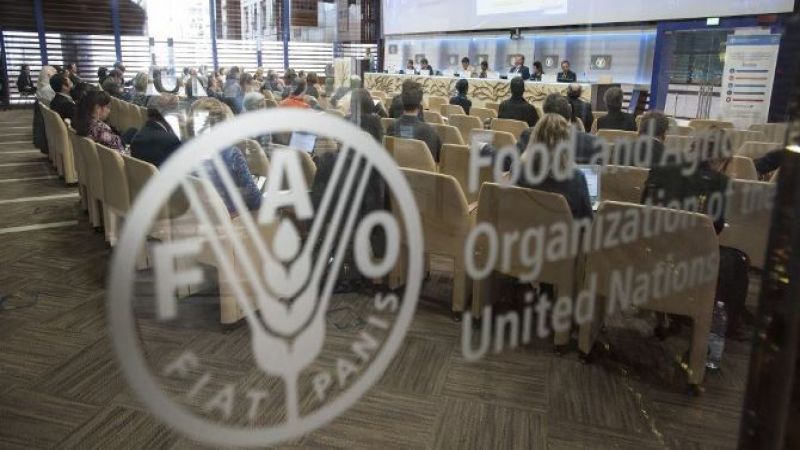
Local Editor
The United Nations Food and Agriculture Organization (FAO) director general, Qu Dongyu, has appealed to donors for $100 million to urgently aid desperate farmers, herders, fishers and their families in Yemen.
The FAO official announced this in his address during a virtual High-Level Pledging Event for the humanitarian crisis in Yemen, Tuesday .
The meeting was convened by the United Nations in partnership with the Kingdom of Saudi Arabia.
The FAO said Yemen is currently confronting the world’s largest humanitarian crisis due to five years of conflict, economic decline and institutional collapse which has left 24 million people (about 80 per cent of its population ) in urgent need of humanitarian aid and protection.
Earlier, the FAO had said it is seeking for $350 million to scale up hunger-fighting and livelihoods-boosting activities in food crisis contexts where COVID-19’s impact could be devastating.
The agency said its new request of $350 million “is about three times more than in late March as COVID-19’s staggering socio-economic impacts become more evident.”
It said the pandemic’s full-scale and long-term impact on food security is yet to be revealed.
The FAO said, currently, evidence shows that in countries already hit by acute hunger, people are increasingly struggling to have access to food as incomes fall and food prices rise.
In his own remarks, the United Nations secretary general, António Guterres, called for an end to the conflict in Yemen.
“Millions of people are unable to meet their basic needs,” the FAO chief said, “Farmers, fishers and herders have been hit hard by the conflict and the resulting economic decline.”
In 2019, the FAO said they provided humanitarian assistance to 3 million people in Yemen and more than 3.6 million animals were protected through animal health campaigns.
The official said FAO plans to distribute emergency livelihood-assistance such as seeds, tools, coolboxes, life jackets and cash to about 6 million people, so as to enable farmers and fishers to keep producing and continue livestock rearing.
“Vaccinations and treatment for livestock, surveillance and control of plant pests, including desert locust, would benefit 4.2 million people,” he added.
Source: News Agencies, Edited by Website Team